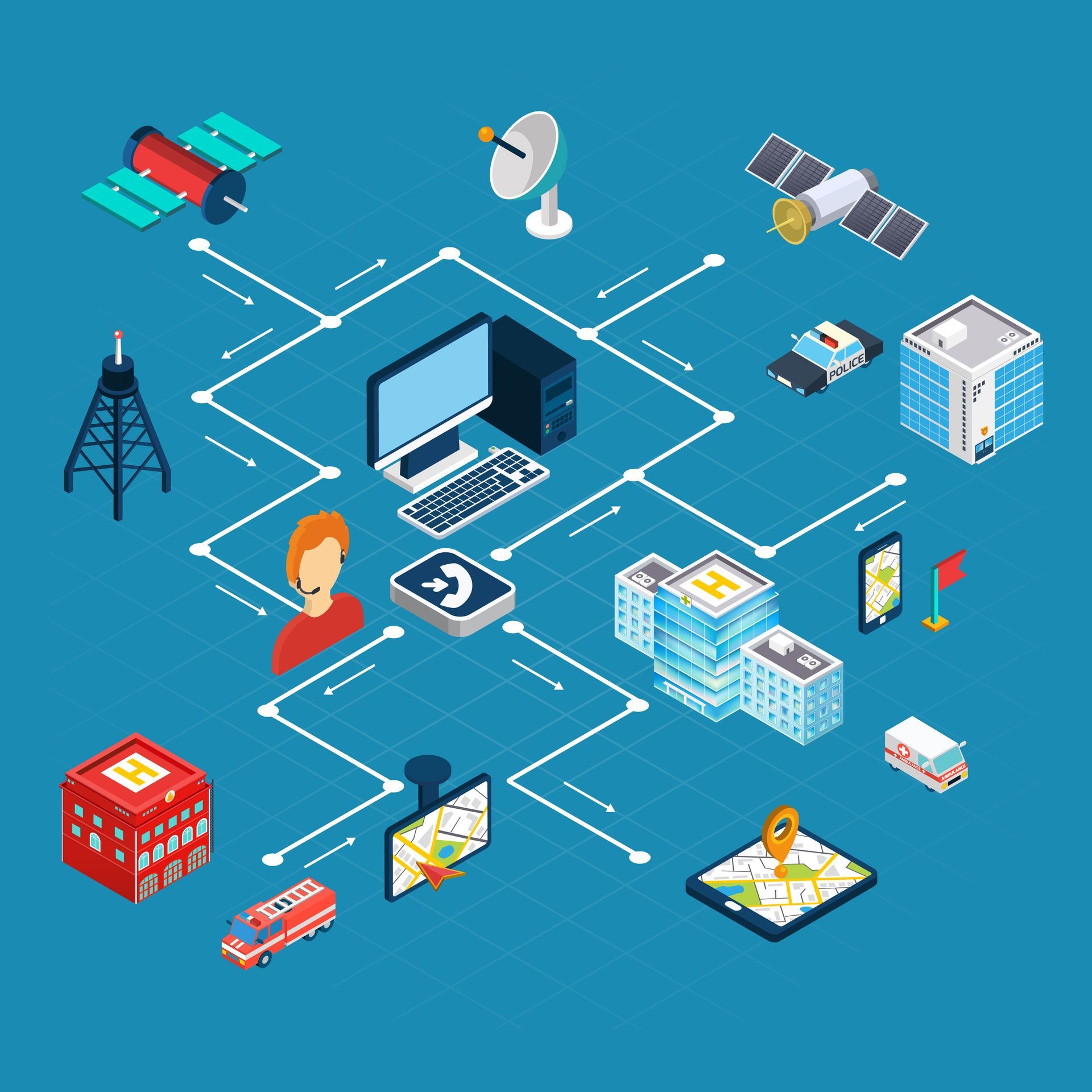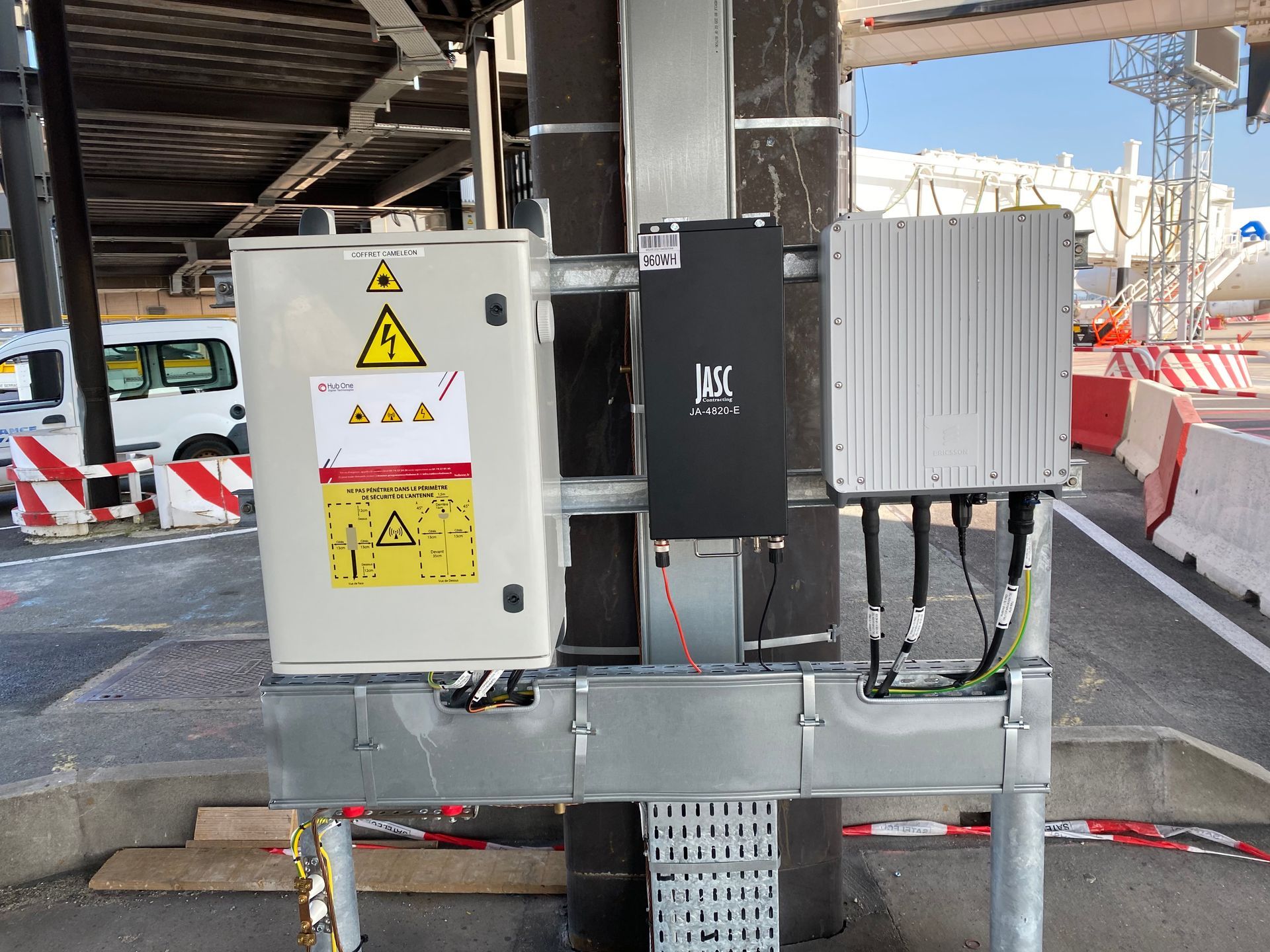TECH TRENDS
The Telecom Revolution:
Unveiling the Future of Connectivity
The world has witnessed a remarkable transformation in the realm of telecommunications. From the humble beginnings of landline phones to the ubiquitous presence of smartphones, the telecom industry has played a pivotal role in connecting people across the globe. In this article, we delve into the various aspects of the telecom revolution, exploring its evolution, technological advancements, impact on industries, and the future of connectivity.
The Evolution of Telecommunications
Telecommunications has come a long way since the days of telegraphs and landline phones. Advancements in technology have revolutionized the way we communicate. From the advent of mobile phones to the integration of voice and data services, the evolution of telecommunications has brought about unprecedented convenience and accessibility.
Internet and Broadband Connectivity
The internet has emerged as a game-changer, connecting people and bridging geographical boundaries. The introduction of broadband connectivity has further amplified the potential of the internet, enabling faster and more reliable data transmission. Today, we rely on the internet for various activities, from browsing the web and streaming content to conducting business and accessing vital information.
5G Technology and Its Impact
The advent of 5G technology has taken connectivity to new heights. With its ultra-fast speeds, low latency, and massive device connectivity, 5G is set to revolutionize industries and pave the way for transformative technologies such as autonomous vehicles, augmented reality, and smart cities. The widespread adoption of 5G will unlock unprecedented opportunities and fuel innovation across multiple sectors.
Internet of Things (IoT) and Smart Cities
The Internet of Things (IoT) has emerged as a key component of the telecom revolution. IoT devices are transforming our surroundings into smart environments, enhancing efficiency, and improving the quality of life. Smart cities, equipped with interconnected sensors and devices, are poised to offer sustainable and intelligent solutions for urban living.
Cloud Computing and Edge Computing
Cloud computing has redefined the way we store, access, and process data. It offers scalability, flexibility, and cost-efficiency, enabling businesses to leverage powerful computing resources without heavy infrastructure investments. Edge computing, on the other hand, brings computation closer to the data source, reducing latency and enabling real-time processing. The combination of cloud computing and edge computing is revolutionizing data management and enabling faster decision-making.
Artificial Intelligence (AI) in Telecom
The integration of Artificial Intelligence (AI) in the telecom industry is driving significant advancements. AI-powered chatbots and virtual assistants are enhancing customer service, providing personalized recommendations, and streamlining operations. Machine learning algorithms are being employed to analyze vast amounts of data, enabling predictive analytics and optimizing network performance. AI is empowering telecom companies to deliver improved services, automate processes, and enhance the overall customer experience.
Cybersecurity Challenges and Solutions
As connectivity expands, so do the cybersecurity challenges. With the increasing reliance on digital platforms and data exchange, safeguarding sensitive information and protecting digital infrastructure becomes paramount. Telecom companies are investing in robust cybersecurity measures, including encryption, network monitoring, and threat detection systems. Collaborative efforts between industry stakeholders and government bodies are crucial in addressing evolving cyber threats and ensuring a secure digital environment.
The Future of Telecom: 6G and Beyond
While 5G is still in the early stages of deployment, discussions about the future of telecom have already begun. Experts are envisioning the advent of 6G, which promises even faster speeds, ultra-low latency, and unparalleled connectivity. Beyond 6G, technologies such as satellite-based communication, quantum networking, and advanced wireless systems are on the horizon, transforming the way we communicate and expanding the boundaries of connectivity.
Impact on Industries and Businesses
The telecom revolution is not limited to enabling personal connectivity. It has also had a profound impact on industries and businesses. From improving supply chain management and enhancing customer engagement to enabling remote work and fostering innovation, telecom advancements have revolutionized the way organizations operate. Embracing digital transformation and leveraging telecom technologies has become imperative for businesses to thrive in the modern era.
Bridging the Digital Divide
While connectivity has become pervasive in many parts of the world, there still exists a digital divide that hinders access to reliable and affordable internet services in certain regions. Bridging this divide is crucial for ensuring equal opportunities and inclusive development. Telecom companies, governments, and non-profit organizations are working together to extend connectivity to underserved areas, empowering individuals and communities with access to information and opportunities.
Telecom and Sustainable Development
The telecom revolution has the potential to contribute significantly to sustainable development. From enabling remote education and telemedicine to supporting smart energy grids and reducing carbon emissions through remote work, telecom technologies play a crucial role in building a more sustainable future. By embracing green initiatives, optimizing energy consumption, and leveraging renewable energy sources, the telecom industry can actively contribute to environmental preservation.
Conclusion
The telecom revolution has transformed the way we connect, communicate, and conduct business. From the evolution of telecommunications to the integration of advanced technologies, the future of connectivity holds immense potential. Embracing these innovations, overcoming challenges, and leveraging telecom advancements will pave the way for a connected world that drives economic growth, fosters innovation, and empowers individuals.


















